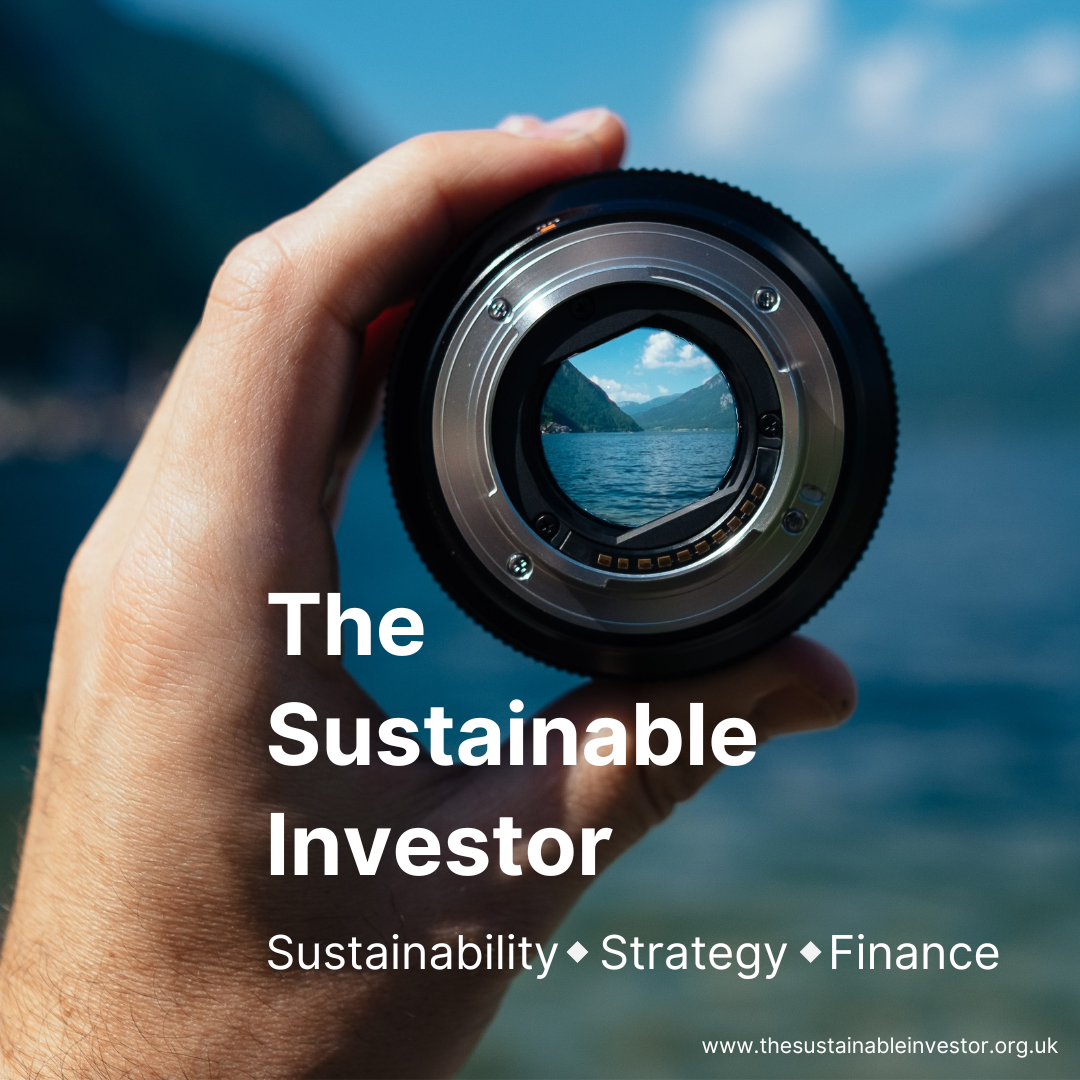
Have we been looking at DEI all wrong?
Embracing diversity with an equitable mindset aimed at creating an inclusive workplace has been held up as a way of improving performance. But is that right?
Summary: Research from Edmans, Flammer and Glossner challenges common perceptions about diversity, equity and inclusion (DEI).
Why this is important: Unless we understand what constitutes DEI in practice, we cannot really know whether our actions are increasing it or whether it is having a positive impact, both financially and from a social perspective.
The big theme: A key facet of sustainability is getting the most constructive impact for society as a whole with the most appropriate resources that we have. That is often people. Those people can have different backgrounds, different ways of thinking and different starting points. With an equitable view point we can create a culture that includes these diverse viewpoints and skills for the benefit of all.

The details
Identifying and understanding the consequences of DEI
In a working paper for the European Corporate Governence Institute (ECGI), Alex Edmans (London Business School), Caroline Flammer (Columbia University) and Simon Glossner (Federal Reserve Board) identify what the determinants of an environment of diversity, equity and inclusion (DEI) in the workplace are and then look at the consequences of that environment on profitability, valuation and stock returns.
They used proprietary data from the Trust IndexTM which is an extensive employee survey that forms the basis of the '100 Best Companies to Work For in America' list identifying 13 out of a total of 58 questions that cover DEI. Aggregating the responses from those 13 questions produced a measure that the authors believe is a "grass-roots" or bottoms up measure of actual DEI. Forget policy statements, how are actual values being lived out? i.e. what is the DEI culture?
Their findings are fascinating. It is important to note that the 'results' show associations rather than causation.
- Their measure of DEI was only weakly correlated with more traditional measures of demographic diversity. Those traditional measures include race, ethnicity, gender, age, religion and sexual orientation.
- There were some interesting results with regards workplace practices and policies. For example, they only found one variable with a positive association with DEI - the proportion of female senior managers. Indeed the proportion of female directors showed a negative association in the sample set. A possible explanation is the 'tick box' effect.
- Whilst they noted that amongst professionals (which includes R&D and technical employees) there was an association between DEI and the number and quality of patents, in aggregate they found no relation between DEI and innovation.
- High DEI was positively associated with all but one of the eight measures of future profitability studied and positively linked to future earnings surprises.
- However, they found no evidence of a link between DEI in a firm and its stock returns, all else being equal.
Why we think this is important
Diversity, equity and inclusion are linked but distinct concepts.
Diversity is the presence of a wide range of people with differences, including gender, gender identity, age, race, nationality, religion, ethnicity, sexual orientation, socioeconomic status, physical ability, or even political perspective.
Whilst diversity highlights how people differ, equity is about understanding that different groups of people face different challenges. Note that this differs from equality, which makes no assumptions about people's starting points. Equity is more focused on outcomes than inputs.
We discussed this concept as it relates to health in this Deep Dive 👇🏾

Inclusion is about creating the right culture and environment so that everyone, regardless of their differences - their diversity - feels that they belong and are valued. They are not prevented from striving to reach their potential.
UN Sustainable Development Goals 5 (Gender equality) and 10 (Reduced inequality) are most closely associated with DEI, but actually a number of the other goals imply a consideration of DEI as underpinning their targets. These include, Goal 3 (Good health and well-being) and Goal 4 (Quality education).
So DEI is a fundamental concept we should all understand.
The research from Edmands, Flammer and Glossner seeks to challenge some common assertions about DEI including that it improves company performance through increased innovation and ultimately leads to better stock performance.
What is also key is that it challenges the common understanding of what DEI really means in practice and hence how it can be increased within, in this case, the workplace environment.
Why we should care about DEI
Edmans, Flammer and Glossner argue that there are financial arguments for pursuing DEI in the workplace.
"that DEI improves a company’s longterm financial performance. Even if individual ability were the only relevant employee attribute, diversity policies could encourage a company to look beyond its traditional source of hires and notice high-ability candidates who might otherwise be overlooked. Moreover, an employee’s value depends not only on her ability but also her cognitive diversity – her unique background, experience, and way of approaching problems. In addition, financial performance depends not only on hiring high-ability and cognitively diverse employees, but also fostering a culture of equity and inclusion that allows them to contribute their abilities and perspectives."
"Diversity, Equity and Inclusion", ECGI Working Paper N 913/2023. © Alex Edmans, Caroline Flammer and Simon Glossner 2023
For example, my former employer Morgan Stanley had a programme called Step in, Step Up aimed at female students in the sixth form / years 12 and 13 of school in the UK to introduce them to the world of investment banking, highlight the variety of roles that exist that might be attractive to them and that they might have the aptitude for. And crucially, that they might not have considered up until this point. There is a potential financial benefit here as Morgan Stanley is increasing the pool of suitable candidates, potentially increasing the quality to select from.
However, even without a financial case there is a strong social one. Edmans, Flammer and Glossner argue a belief that...
"... companies have a responsibility to contribute to societal goals. DEI policies ensure that a company provides jobs, and in particular leadership positions, to underrepresented individuals, in turn inspiring the next generation and mitigating social inequalities."
"Diversity, Equity and Inclusion", ECGI Working Paper N 913/2023. © Alex Edmans, Caroline Flammer and Simon Glossner 2023
Does it make financial sense already? Just do it.
How much does increasing DEI cost? There is no new deep technological or scientific hurdle to overcome. All you need to do is change behaviours, right?
Behavioural change is difficult! It requires many individual measures and structures and takes time.
There are also a number of problems with how DEI is measured, assessed and regarded as highlighted by Edmans, Flammer and Glossner. This in turn can lead to counterproductive actions being taken both by corporates and regulators, for example, with regards disclosure. That can manifest in 'tick-boxing' without any real impact.
A focus on traditional measures of DEI may not capture the true inclusiveness of a culture, capturing different ways of thinking and approaching challenges. Ultimately that could mean that we don't reap the full benefits.
Something a little more bespoke?
Get in touch if there is a particular topic you would like us to write on. Just for you.
Contact us
Please read: important legal stuff.


